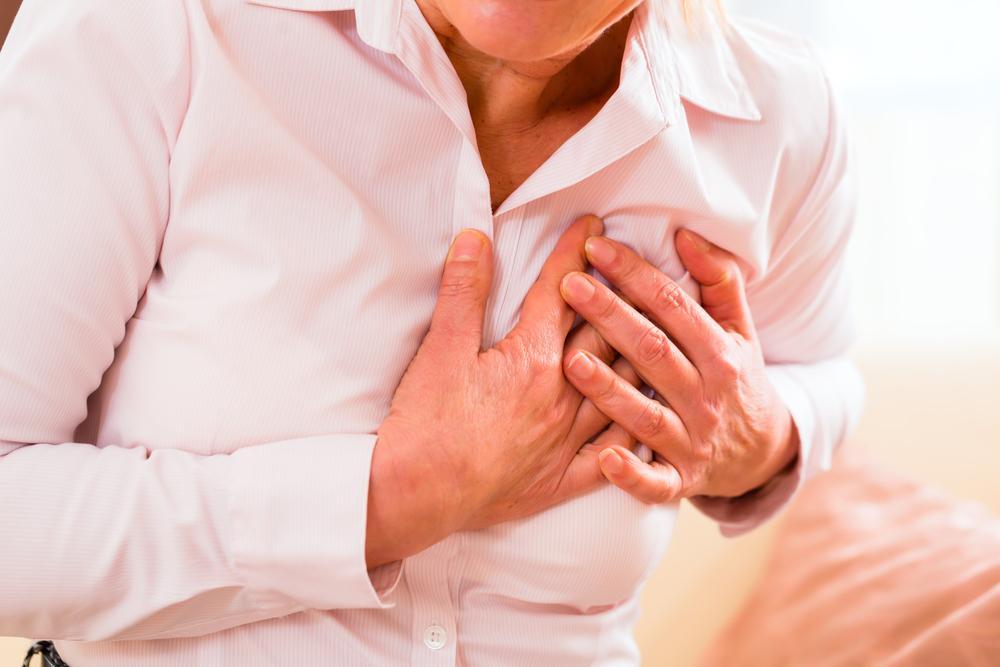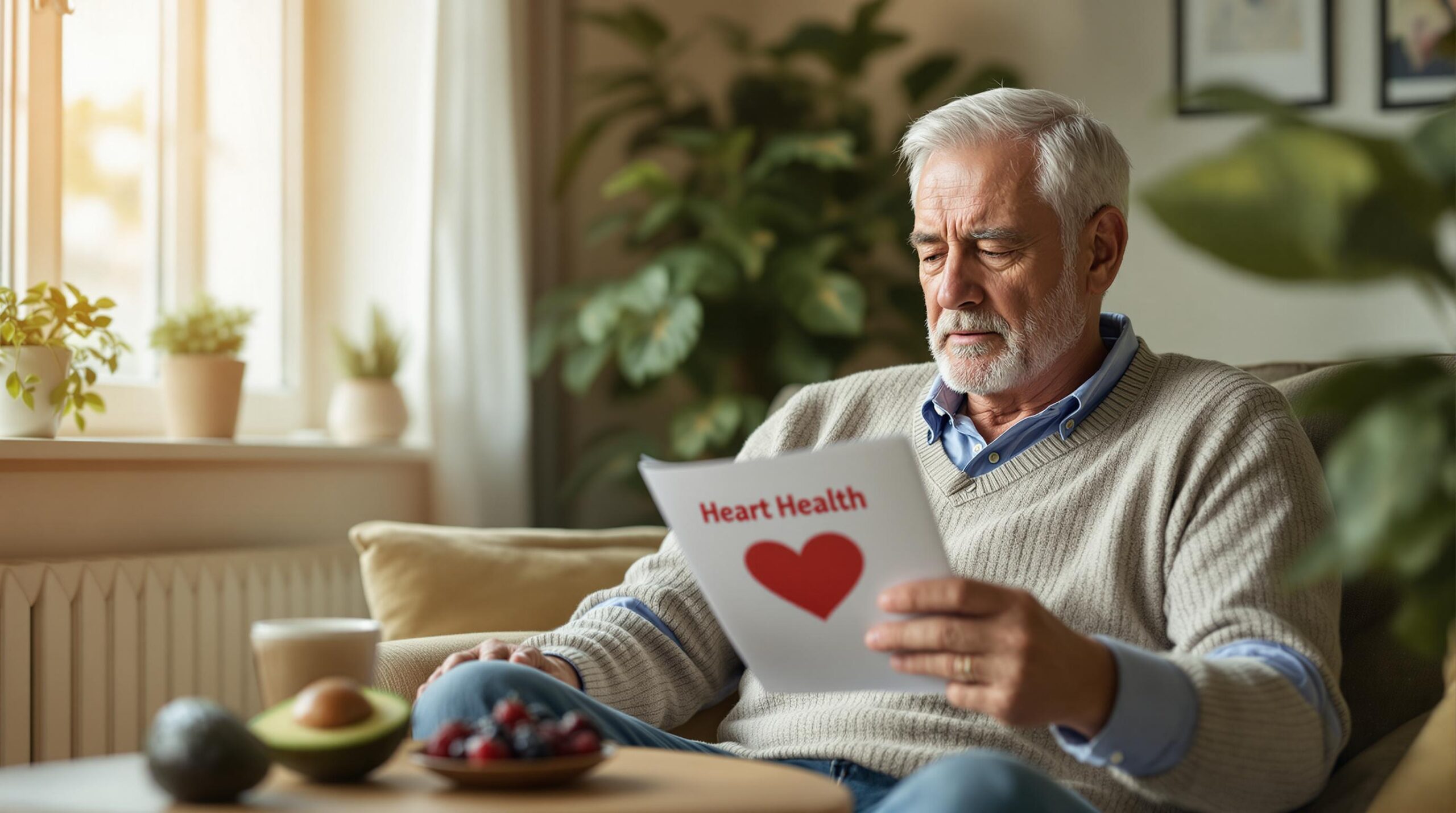Your chest feels tight, pain is emanating from your heart, you’re certain you’re having a heart attack and need to race to the emergency room. You’re not alone. Chest pains send about seven million Americans to the ER every year, afraid that they’re about to have or are having a heart attack.
While chest pain is one of several signs of a heart attack, it doesn’t necessarily mean you’re having one. So how serious does the pain need to be to warrant a trip to the ER?
Chest pain and heart attacks
The Centers for Disease Control and Prevention estimates that about 790,000 Americans suffer a heart attack each year, and nearly half of cardiac deaths happen outside of a hospital setting.
Chest pain before a heart attack occurs because your heart is not getting enough oxygen-rich blood. The more time that passes, the more damage your heart receives. So, the sooner you get emergency care, the better your chances of surviving a heart attack.
If you also have upper body pain, including pinching, numbness, or discomfort in the arms, back, neck, jaw, or upper stomach, you should seek medical care. Or if you’re experiencing any of the following heart attack signs in addition to your chest pain, you should head to the emergency room right away:
- Shortness of breath
- Nausea or vomiting
- Lightheadedness or dizziness
- Cold sweats
- Unusual fatigue
It’s important to note that not everyone experiences chest pains before a heart attack, so if you experience more than one of the symptoms mentioned above without chest pains, you should also seek emergency care.
If you have high cholesterol, high blood pressure, diabetes, are a smoker, or have had a previous heart attack, your chances of having another heart attack increase.
Other causes of chest pain
Chest pain is also a symptom of a wide range of conditions that may or may not require emergency care, including:
- Heartburn
- Anxiety or panic attack
- Asthma
- Bronchitis
- Gallstones
- Pancreatitis
- Injured ribs
- Shingles
- Other heart problems
When do I need to go to the ER?
Chest pain, regardless of its cause, should always be checked out by a medical professional. The only question is, can it wait until morning or do you need to head to the emergency room right away?
If you’re experiencing any of the signs of a heart attack, have a family history of heart attacks or heart disease, or have an underlying medical problem, you should make a trip to the ER.
A few signs that your chest pain might not be a medical emergency include pain that:
- You’ve experienced before
- Is fleeting or temporary
- Subsides when you change positions
However, you should never hesitate to call 911 and head to the emergency room if you suspect a serious problem. Heart attack symptoms vary greatly from person to person, and it’s always better to be safe than sorry.
The staff at Prime Heart and Vascular can answer all of your questions and guide you through what can be a frightening process.





